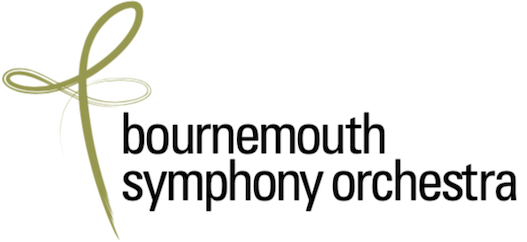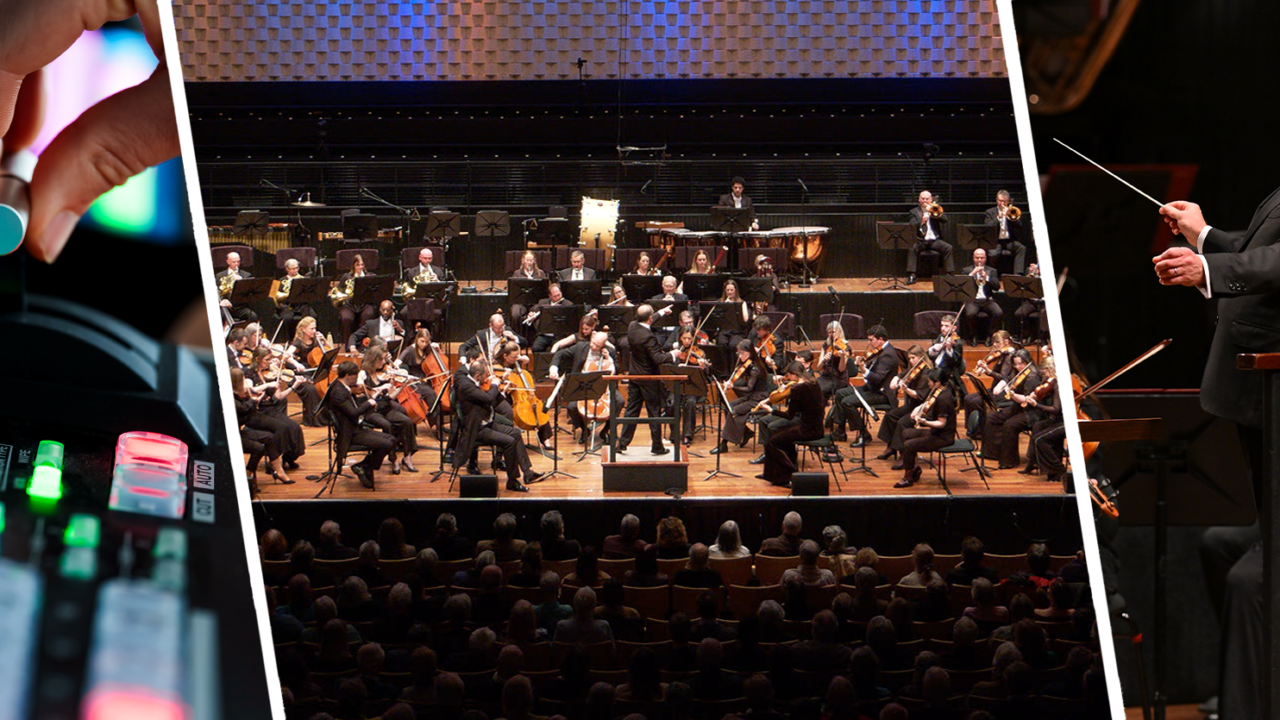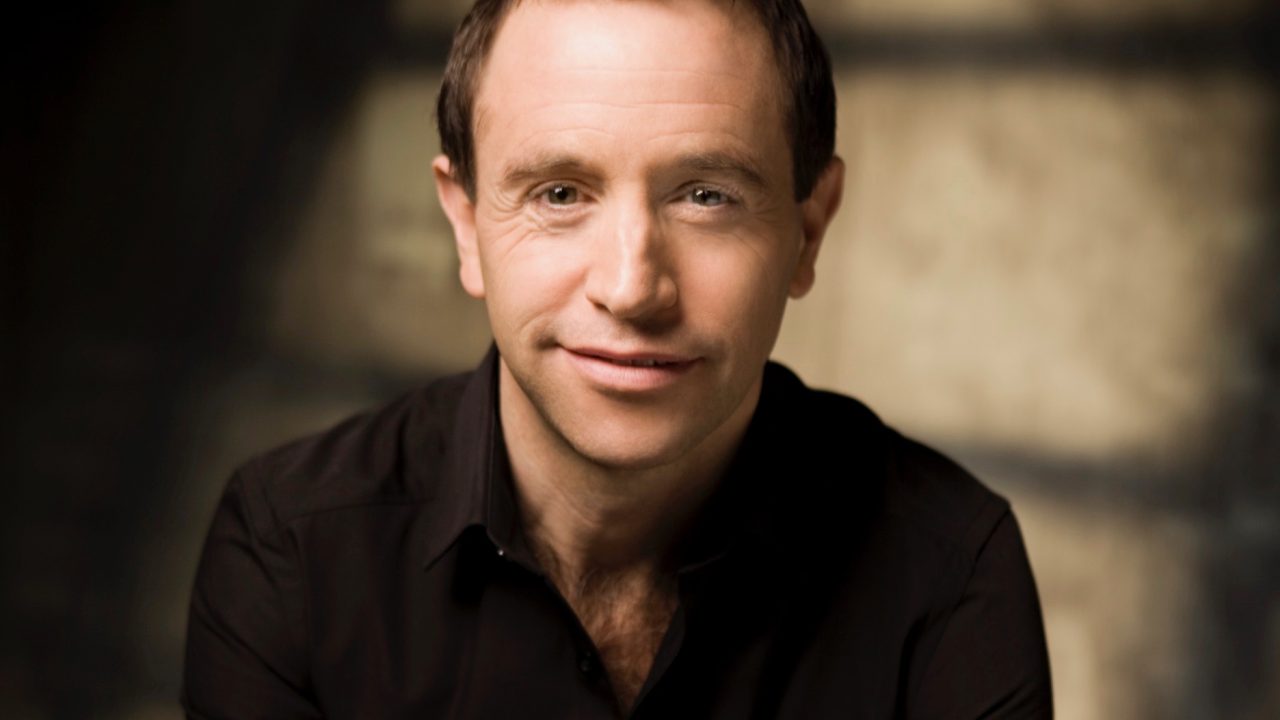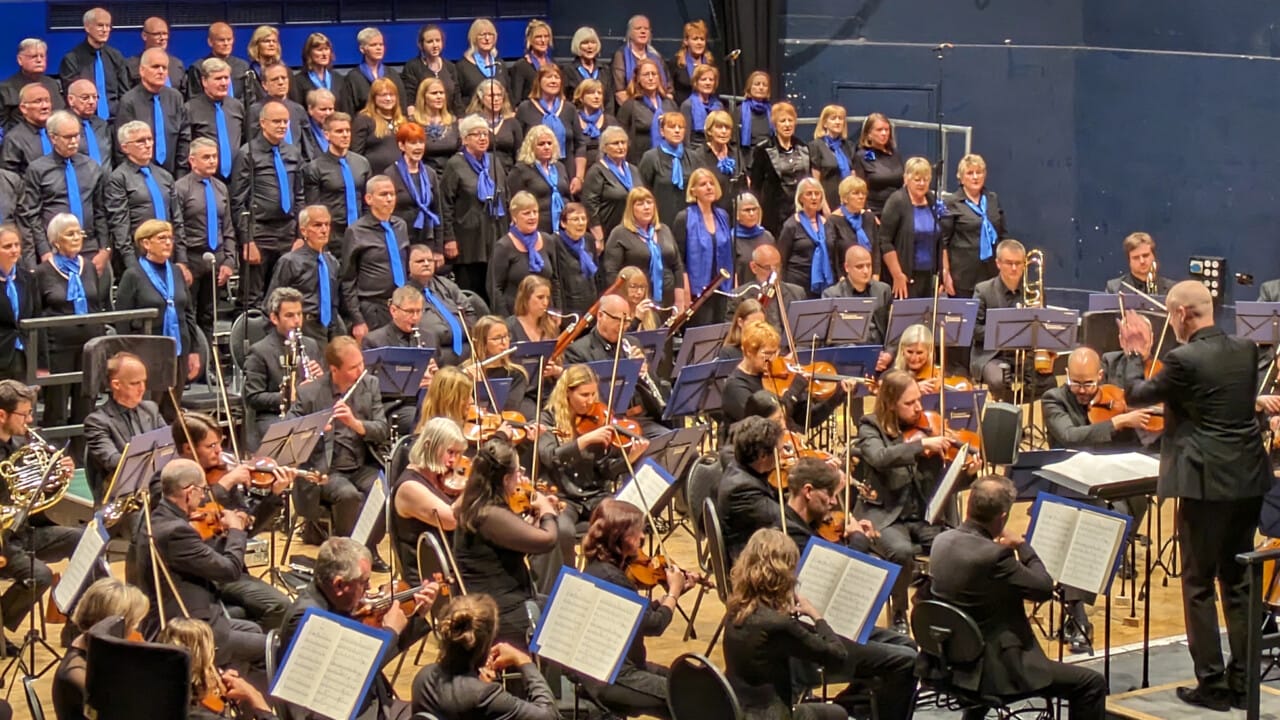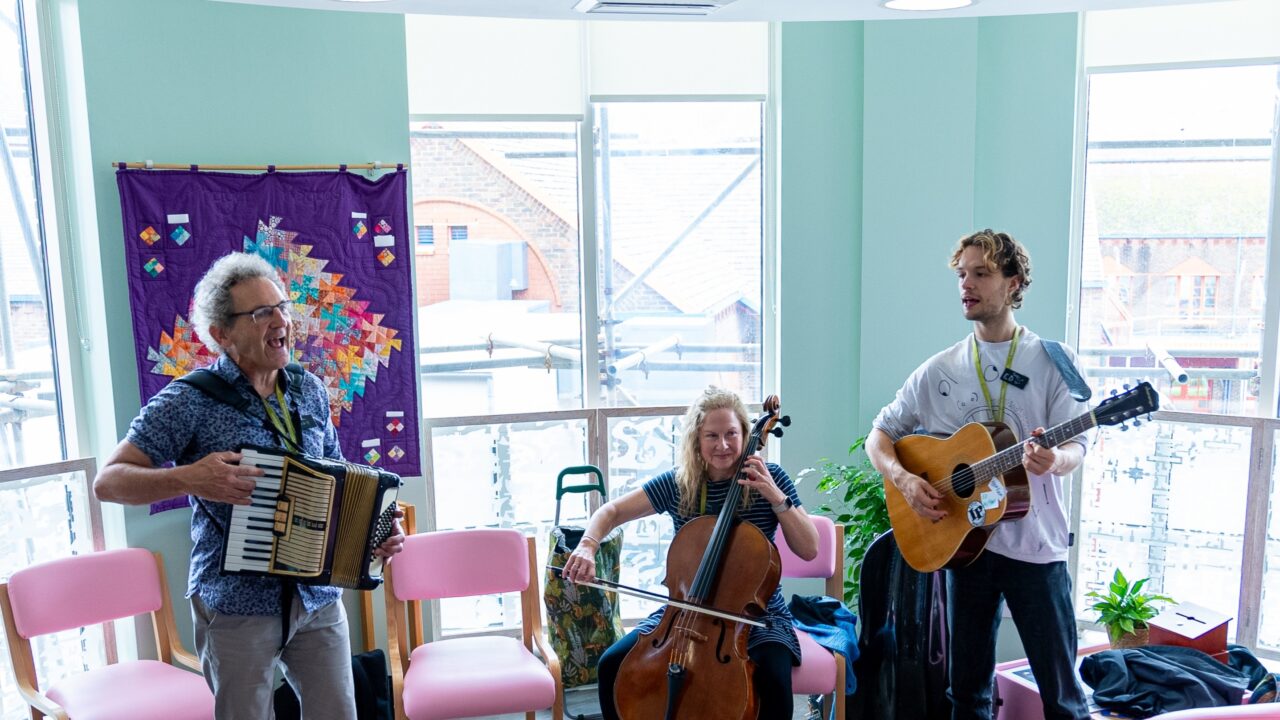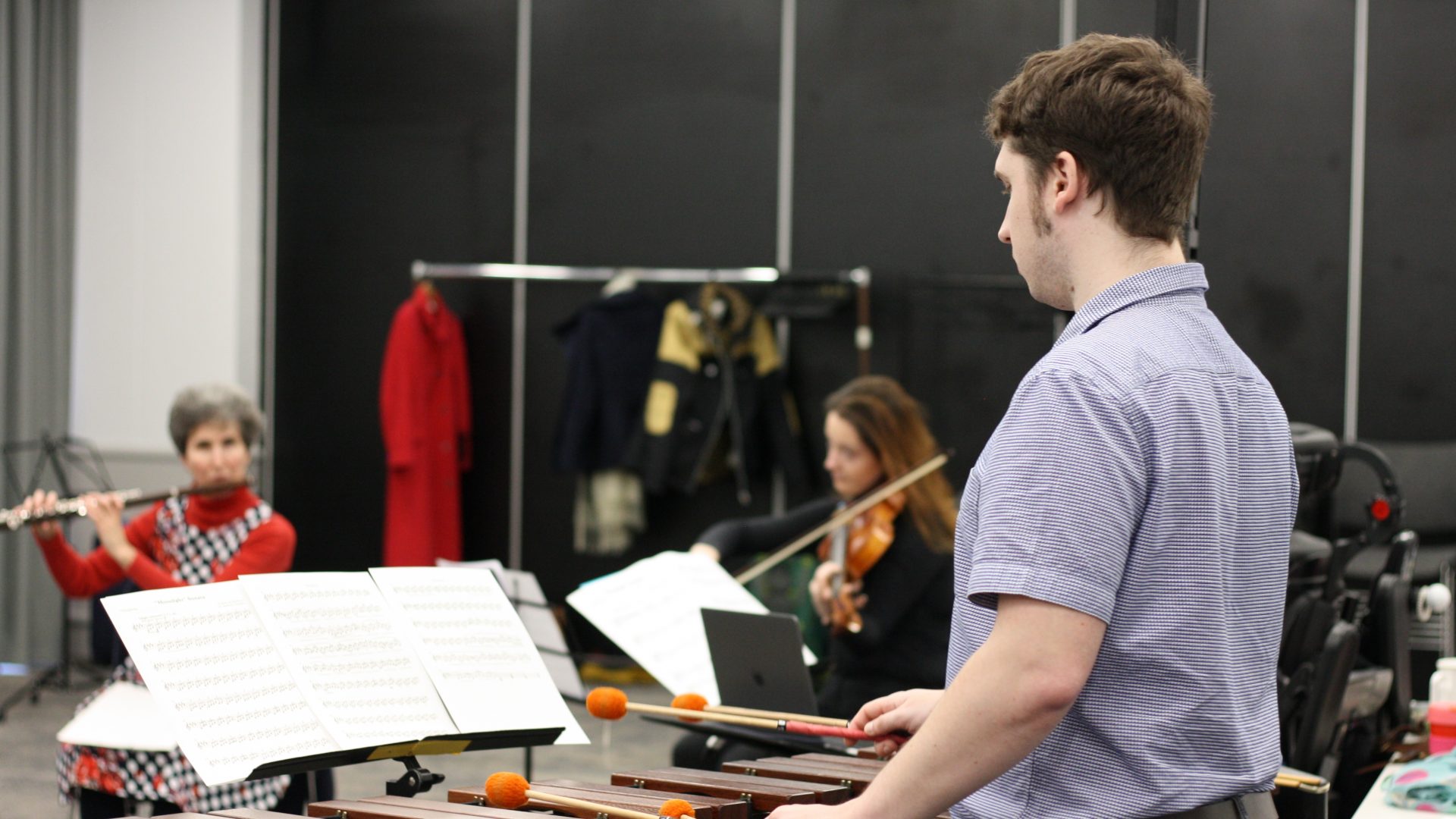So, when I waited in anticipation for the results, a wide smile greeted my face when I found out that I had just become a member of BSO Resound. Especially since a couple of months ago, I was preparing for the auditions for Southbank Sinfonia for the first time with an unenthusiastic outcome. But thinking to myself that I’m up against other high-qualified musicians of calibre competing for the same role, it was only expected that after all the blood, sweat and tears building up to this moment that I was met with loss.But that failure hasn’t bogged me down as of yet!
Now, I know for sure that all my long years of musical experience have paid off as I am one of the founding members of BSO Resound, the world’s first disabled-led ensemble embedded in a mainstream orchestra. Without this opportunity, I do not know where I would be right now.
Before, meeting and acquainting with new people in either an orchestra or ensemble who don‘t have disabilities proved to be a challenging endeavor in my college years. As part of my autism, I am unable to communicate through speech quite well, which in turn has made it harder to make new friends and has withered my chances of ‘fitting in’. To cope with this, delving in the field of music performance and study has helped me to deal with social anxiety and isolation. It is also something that I have academically excelled in. Although, I did survive thanks to the help of my family and a couple of support workers who kept me in shape and snapped me out of several somber situations in my life.
So with all that being said, those problems didn’t come back to haunt me. The dazzling musicians were quite friendly and welcoming to me and I even managed to learn a thing or two from them.
These experiences have also helped me to adapt to other people’s lifestyles and how I would best approach them through conversation in the future.
For example, Kate Risdon (flute) is visually impaired so eye contact is out of the question. My approach is to make sure I address her by name before conversing so that she knows who she is talking to. Another example, Matthew Scott (Clarinet) also has high-functioning autism but has different traits like space awareness and cleanliness (e.g. hands kept preferably clean and for other people not to crowd his belongings). So I make sure that I am considerate of this. He is a very communicative person to get along with, which has resulted in many long conversations- including a particularly interesting one about Star Wars. Let’s not forget the Conductor, James Rose. Because of his disability, he is capable of conducting with either a head baton, through audible breathing or body motion. To approach this, I have to keep my eye contact on him (hence his role being a conductor).
In this disabled-led ensemble, communication and teamwork is vitally important and really drives this ensemble.
With a steadily building programme of Bach’s Orchestral Suite in B minor, Beethoven’s Moonlight Sonata & Mozart’s Flute Quartet in D, our focus on keeping together in time and rhythm has never been more imperative than ever. Another important focus for the ensemble is exploring new techniques and visual cues.
With the Moonlight Sonata, my vibraphone part mostly consists of triplet rhythms (originally the low register of the piano part), the aim for the ensemble was to keep to that rhythm and not to stray away. In Mozart’s Flute Quartet (obviously), the role belongs to the flute. The flute controls the tempo of the piece and is a driving force throughout the majority and the piece. In some instances, the doubling of marimba and clarinet will be interspersed. And finally, Bach’s Orchsetral Suite, this piece leaves it all down to the ensemble , rather than being narrowed down to a single musician. The ensemble chooses how they should control the tempo and flow of the suite to capture its authenticity in a new light.
Those are some examples of how BSO Resound interprets arrangements of beloved classical pieces in a contemporary environment. As more pieces will be added to the programme later down the line, even more new techniques will be discovered. Now, I just have to worry about bringing the right percussion instruments…
However, it’s not all just rehearsals, sitting around and learning about our strengths and weaknesses, our ensemble even had a social night in a restaurant not far from Lighthouse, Poole. Once again, a challenging endeavor in my college years as the colleagues I was acquainted with has different habits and etiquette that doesn’t align with me. “Too much curry and drinks” being the short version of it. In my current situation, I managed to talk a lot, express my love for music and quibbled about general topics that don’t seem out of place to the rest. I do hope that there are more of these social nights as they really help us to understand more about each other in not just music but in our everyday lives as well.
What will the future of BSO Resound hold for me specifically? In my own wisdom, I hope that after this pleasurable experience with like-minded people has come to an end, it can help benefit me in an opportunity to perform in a long-established orchestra and will allow me to spread the message that speaks to autistic people. Who knows what can happen from there? Only time will tell…
